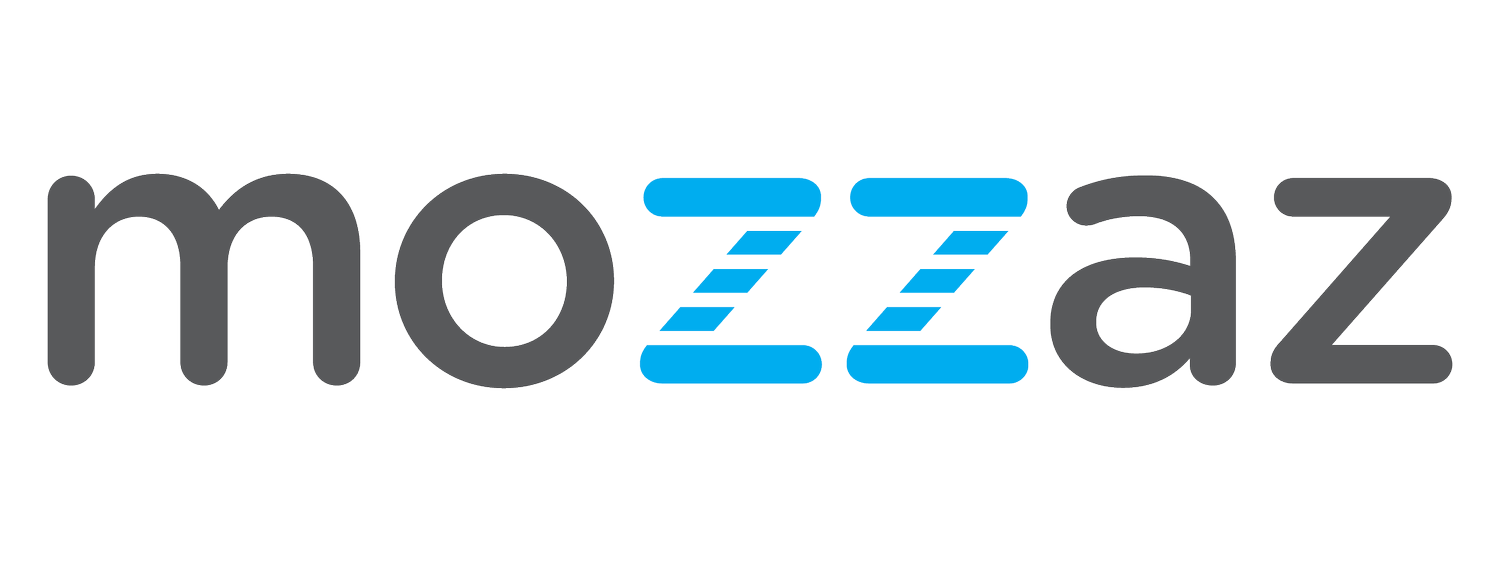Microsoft’s Project Talia & The Future of Individualized Mental Health Care
Microsoft’s Project Talia is a joint research venture with SilverCloud Health that explores how Artificial Intelligence and Machine Learning can be used to enhance digital mental health services. In their 2020 paper “Understanding Client Support Strategies to Improve Clinical Outcomes in an Online Mental Health Intervention” they provide an Artificial Intelligence based analysis on a set of over 230,000 support messages sent from mental health workers to clients, mining the data to identify support strategies that correlate with successful outcomes. What they found is of interest to mental health professionals and speaks to a larger opportunity to improve the care we provide individuals with evidence-based personalization that was not possible before the widespread availability of AI.
In the study 54,104 mental health clients were provided a self-guided digital Cognitive Behavioral Therapy program. They were assisted by 3,481 mental health coaches who provided regular and personalized feedback messages. The clients also completed either PHQ-9 or GAD-7 assessments to make comparisons and measure clinical outcomes.
The Project Talia team first used AI to analyze the messages based on a number of factors: the sentiment and emotional tone of the message, the use of first-person plural pronouns like “we” and “us” (which indicates supportive therapeutic alliance), the use of encouraging phrases, and the percentages of words related to different mental processes like social behavior or abstraction. All of this analysis was done by machine, without human intervention and the privacy concerns that would entail.
Key takeaways from the analysis - successful messages consistently:
Used more positive and fewer negative words
Included fewer negative emotions (conveyed less sadness or fear)
Used more first-person plural pronouns
Employed more words associated with social behavior and fewer associated with abstraction
The researchers took the analysis a step further, using the Apriori Algorithm to find further associations between the messages, outcomes, and overall client context. Through this analysis they derived a set of 1584 “most salient rules” that describe the relationships found in the data. For example, more use of first-person plural pronouns and less use of words associated with fear were particularly effective in achieving success with clients who were disengaged from the program. More clinical insights are available in the paper.
The study is just scratching the surface…
… but it does show the advantages to the mental health profession that we can expect from Machine Learning. Clinicians and researchers employing state of the art data collection platforms, like Mozzaz and Microsoft Azure, set themselves up to leverage artificial intelligence and machine learning to give them new and otherwise unavailable insights. Armed with these insights they will craft a new generation of personalized strategies and interventions that will improve client outcomes throughout their organizations and give them a significant advantage over competitors who are late to the game.

